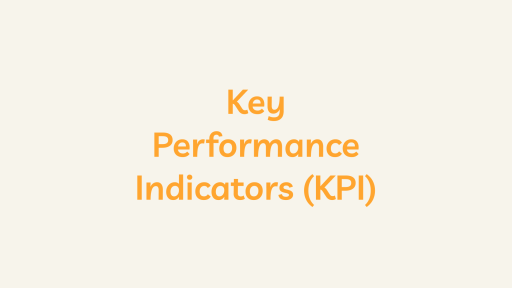What is the Labor Market?
The labor market refers to the supply and demand for labor in a particular economy. It includes the employment opportunities available to individuals, the types of jobs that are in demand, and the wages and benefits associated with those jobs.
Various factors influence the labor market, including economic growth, technological advancements, demographic trends, and government policies. When the economy is growing, demand for labor typically increases, which can lead to lower unemployment rates and higher wages. Conversely, during an economic recession, demand for labor may decrease, resulting in higher unemployment rates and lower wages.
Technological advancements can also impact the labor market, as they can lead to changes in the types of available jobs. For example, the increased use of automation and artificial intelligence may result in the displacement of workers in certain industries while creating new opportunities in others.
Demographic trends can also play a significant role in the labor market. As the population ages, there may be a higher demand for healthcare and eldercare services, creating new job opportunities in those sectors. Additionally, changes in immigration policies can impact the supply of labor, as foreign-born workers may be more or less likely to seek employment in a particular country.
Government policies can also impact the labor market, particularly in areas such as minimum wage laws, labor regulations, and unemployment benefits. These policies can influence the cost of labor for employers and the incentives for individuals to seek or maintain employment.
The labor market is essential for individuals, businesses, and the economy as a whole. It allows individuals to earn a living and support themselves and their families while also providing businesses with the labor they need to operate and grow. A healthy labor market, characterized by low unemployment rates, high job growth, and competitive wages and benefits, is essential for sustained economic growth and prosperity.
In conclusion, the labor market is a complex and dynamic system that is influenced by a wide range of factors. Understanding the forces that shape the labor market is essential for individuals, businesses, and policymakers, as it can help them make informed decisions about employment, investment, and economic policy.





